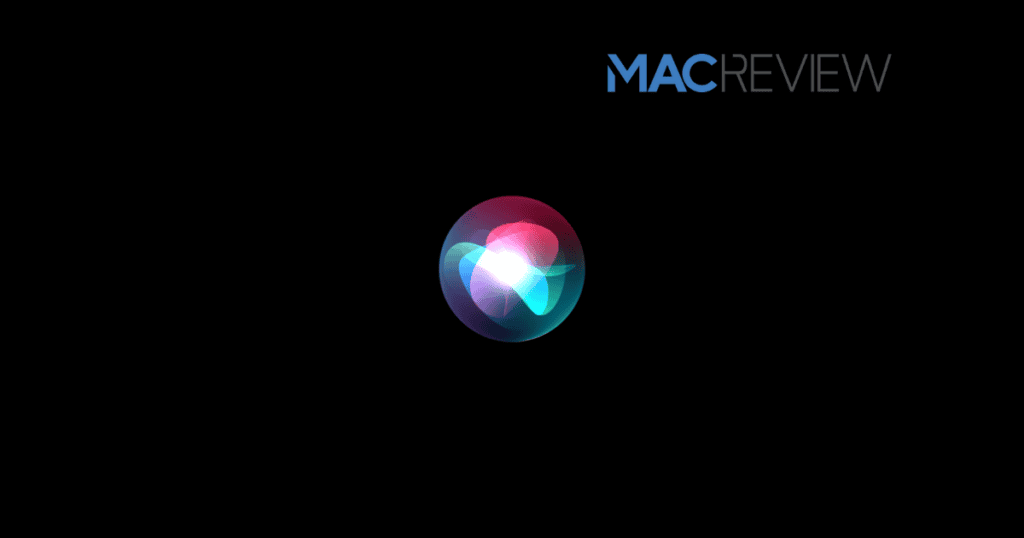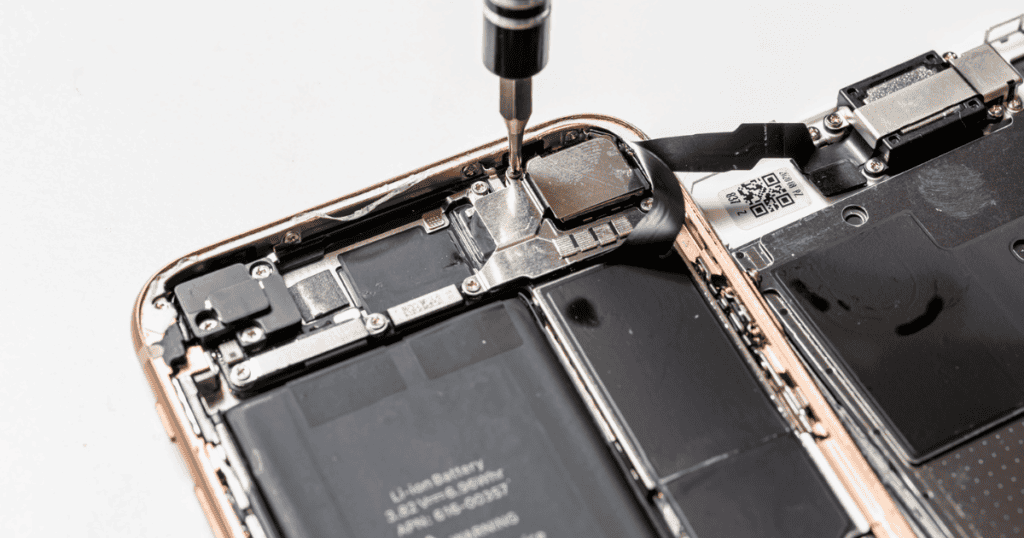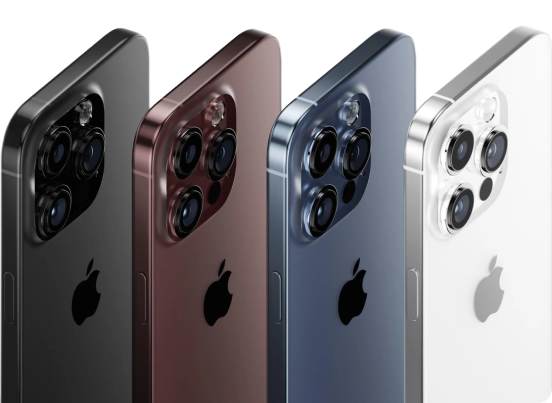Apple Inc. has agreed to pay $95 million to settle a class-action lawsuit alleging that the company’s voice assistant, Siri, inadvertently recorded private conversations and shared them with third-party advertisers. This settlement, reported by Reuters and covered extensively in the tech community, marks a significant moment in the ongoing debate over digital privacy and consumer rights.
Background of the Siri Privacy Issue
The lawsuit originated in 2019 after reports surfaced that contractors employed by Apple were listening to private Siri recordings as part of a quality control measure to improve the voice assistant’s responses. These contractors reportedly overheard confidential conversations, including discussions on medical information, intimate encounters, and even illegal activities. The plaintiffs in the lawsuit claimed that after discussing certain products verbally near their Apple devices, they began seeing targeted ads for those products, suggesting that their conversations were not only recorded without consent but potentially used for advertising purposes.
Details of the Lawsuit and Settlement
- Accusations and Legal Proceedings: The initial lawsuit was dismissed in February 2021 due to insufficient evidence directly linking Apple to the alleged misuse of recorded data for advertising. However, an amended complaint filed later that year refocused the case on the issue of Siri recordings being used for targeted advertising, which was allowed to proceed in court.
- Settlement Terms: Under the terms of the settlement, Apple continues to deny any wrongdoing or liability related to the plaintiffs’ claims. The settlement is intended to avoid the further expense and inconvenience of ongoing litigation. According to the court filings, any U.S. resident who owned or purchased a Siri-enabled device and had their private communications obtained by Apple from September 17, 2014, to December 31, 2024, is eligible to be part of the class action.
- Claim and Compensation Details: A website will be set up to facilitate claims, with Apple required to provide contact information for potentially affected customers. Each class member can claim for up to five Siri devices, with a potential compensation of up to $20 per device depending on the number of valid claims filed.
Apple’s Response and Policy Changes
Following the backlash over the privacy invasion, Apple made significant changes to how Siri processing is handled:
- Suspension of Evaluation Program: Apple temporarily halted its Siri quality evaluation program.
- Privacy Enhancements: The company stopped using contractors for listening to Siri interactions and later implemented features that allowed users to delete their Siri history and opt-out of voice grading.
- On-Device Processing: In subsequent updates, Apple shifted much of Siri’s voice processing on-device to mitigate privacy concerns, ensuring that less data is sent to servers.
Industry Impact and Consumer Trust
This settlement underscores the growing scrutiny over digital privacy practices by tech giants. For Apple, known for its strong stance on user privacy, this lawsuit was a significant dent in its reputation. Moving forward, the tech industry faces increased pressure to handle user data responsibly, particularly as voice assistants become ubiquitous in consumer technology.
Looking Ahead
As part of the settlement agreement, Apple’s efforts to enhance user privacy and secure data handling practices will likely remain under close observation. The broader implications for the tech industry involve a reevaluation of how consumer data is collected, analyzed, and utilized, especially in an era where digital assistants are an integral part of daily life.




